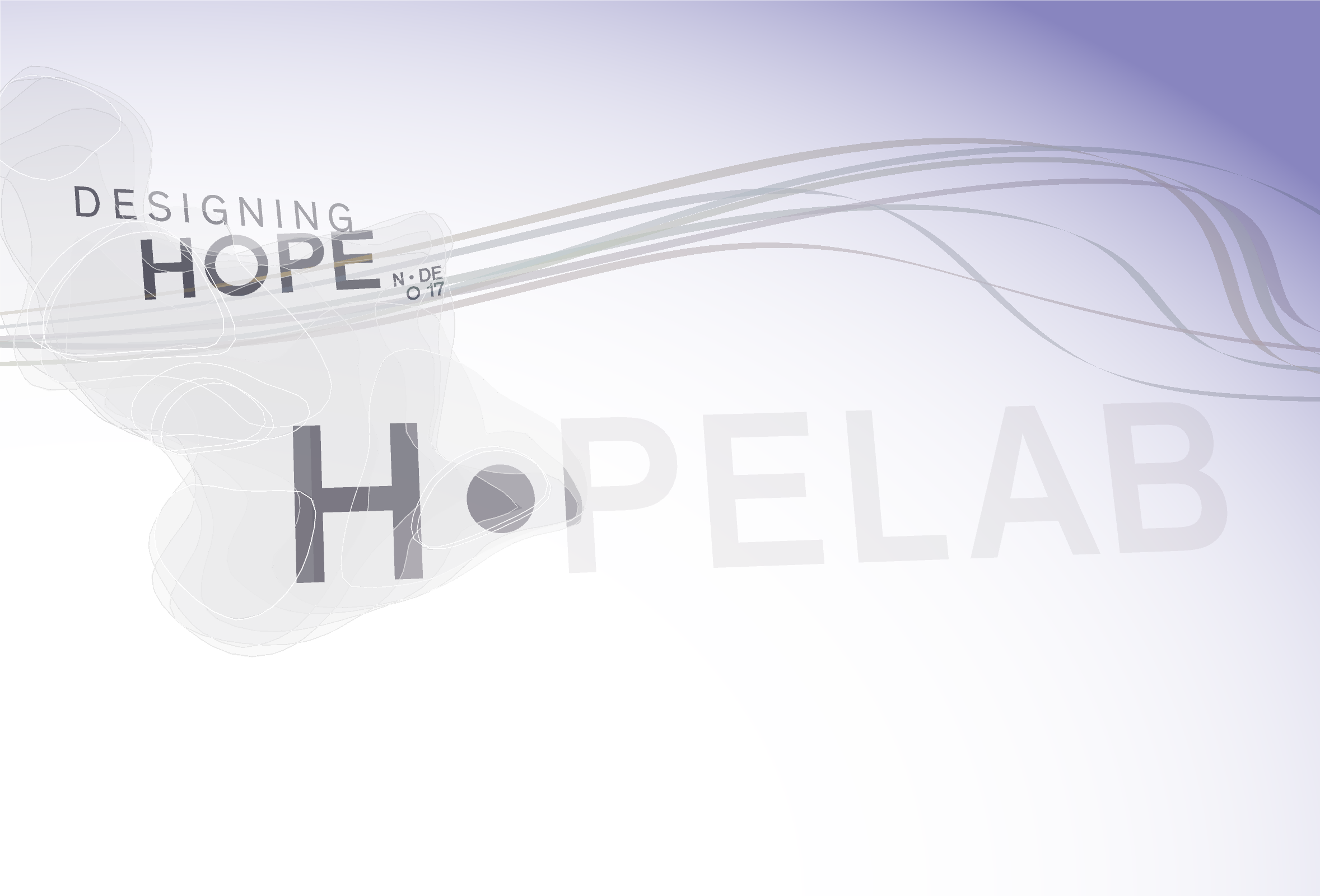Introducing HOPE lab
Our amazing NODE17 Festival Re-Design Agency
“The HOPE Lab is an interdisciplinary laboratory prototyping beacons of hope for visual creators and aspiring idealists at NODE Forum in Frankfurt. We are focused on helping realize the NODE community’s greater collective potential to change the world in an era where hope has been co-opted.”
Every other year, the NODE team gets together to design an event. And with every concept we draft, we expect our beloved forum to allow for knowledge transfer, critical exchange and the opportunities to develop collaborative ideas. This is, indeed, quite a demanding task and leads us to perpetually reconsider questions like: Which formats do we suggest as a framework for all these interactions? Whom do we address? How do we allow everyone to get the most possible amount of visibility she/he longs for or deserves in this forum of peers? And repeatedly we notice that during every festival edition, we experience insane amounts of enthusiasm, open-mindedness and productive energy – an energy that catches everyone, triggers some to take home inspirations, new ideas our just increased curiosity. But how can we nurture these wonderful side-effects even more?
When choosing our festival topic, ‘Designing Hope’, we noticed at a certain point that what we are doing – creating a festival – is to design a space and a structure which is indeed an insanely fruitful ground for hope and positive thinking – so we asked ourselves:
How to channel this enthusiasm? Which responsibility do we have, as festival designers? How can we design NODE in a way, that all this energy can actually feed critical or even sustainable action?
During the last month, a team of five amazing artists started working for NODE and being our critical consultants and counterparts – and this is their mission statement:
“The HOPE Lab is an interdisciplinary laboratory prototyping beacons of hope for visual creators and aspiring idealists at NODE Forum in Frankfurt. We are focused on helping realize the NODE community’s greater collective potential to change the world in an era where hope has been co-opted.”
Stay tuned and watch out for #HOPElab activities before and during #NODE17!
The HOPE lab Artists
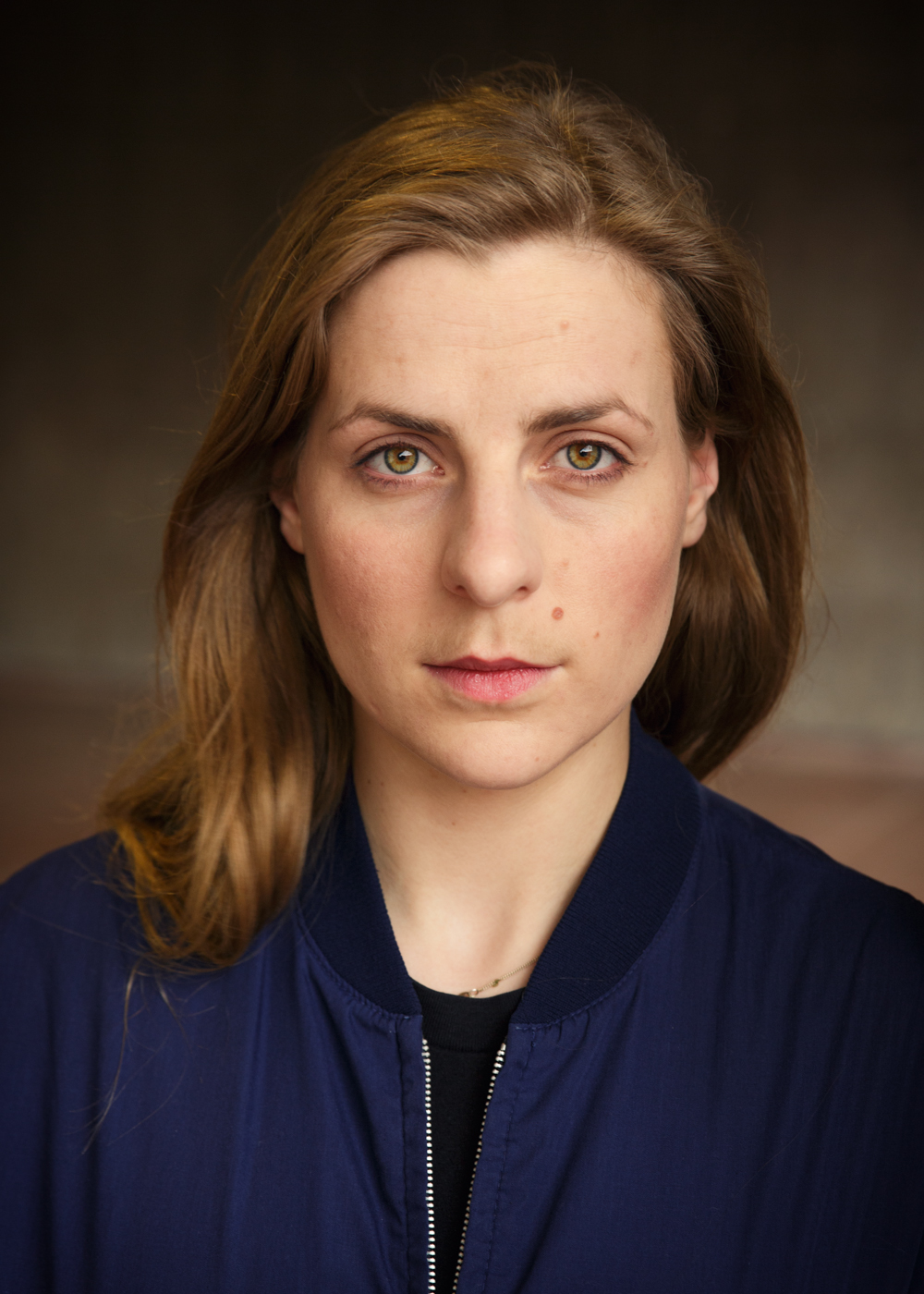
Kathia von Roth
Hamburg, Germany
Kathia von Roth is a Hamburg (D) based artist, activist and social engineer. Since her studies in theatre direction (graduated B.A. in 2013) she has been combining methods of theatrical play and performance with tools of analogue game design. In her work she is setting up physical and/or conceptional formats of temporary ‘utopian zones’ for collaborative creation, from immersive theatre spaces built on fictional storytelling to gamified working structures in the context of festivals, conferences and collective art work. By using the save environment of a game format, she is enabling the “spectators” to bypass the fear of failing and a subservient insecurity to act. In this, she is creating realms of experience that cause alterness and a change of behaviour in its participants and can therefore take effect into so called reality.
In her work, Kathia von Roth is consulting a possible revolution, deeply believing in a post-competitive future.
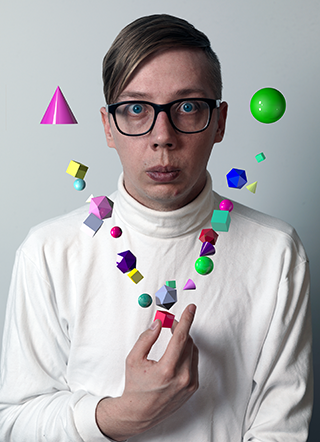
Jeremy Bailey
Toronto, Canada
jeremybailey.netSince the early noughties Bailey (CA) has ploughed a compelling, and often hilarious, road through the various developments of digital communications technologies. Ostensibly a satire on, and parody of, the practices and language of “new media,” the jocose surface of Bailey’s work hides an incisive exploration of the critical intersection between video, computing, performance, and the body.” (Morgan Quaintance, Rhizome) Recent projects include performances for Rhizome’s Seven on Seven in New York, The Stedelijk Museum in Amsterdam and Tate Liverpool.
His work has been shown widely including recent solo shows at Transmediale in Berlin, and group shows Mediamatic in Amsterdam, Museums Quartier in Vienna and Balice Hertling in Paris. Recent commissions include projects for the Southbank Centre in London, FACT in Liverpool, Turner Contemporary in Margate UK, and The New Museum in New York. Bailey is represented by Pari Nadimi Gallery in Toronto.
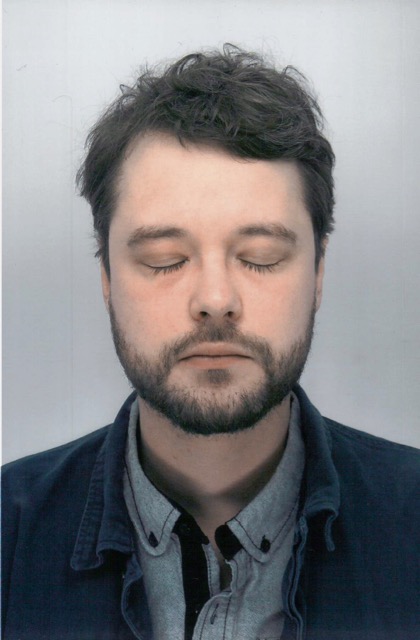
Florian Egermann
Cologne, Germany
fleg.deFlorian Egermann’s (D) work addresses the transformative impact of technology on both a personal and the society level. His objects, performances and installations are mostly devoid of technology, but question the behavioral patterns shaped by it.
As a member of art groups, he has co-created several participative projects on the borderline of art, activism and social work. He is a founding member of „wielebenwir e.V.“, an association that creates and runs sustainable urban projects.
International performances, exhibitions and workshops („vvvv“, performances), lectures and workshops for sustainable grass-root projects.
He lives & works as an artist, activist and astronaut in Cologne.
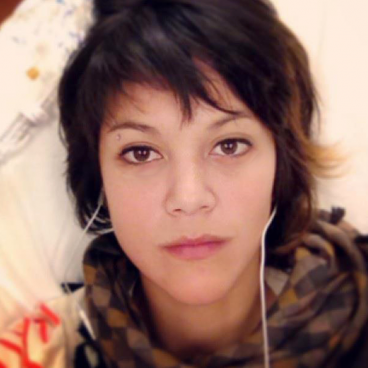
Lauren McCarthy
Brooklyn, NY
lauren-mccarthy.comLauren McCarthy is an artist, programmer and social engineer based in Los Angeles and Brooklyn. In her work she examines the potential of technologies like social media to create positive social interaction. She makes software, performances, videos, and other things on the internet.
Lauren has exhibited at Ars Electronica, Conflux Festival, SIGGRAPH, LACMA, Onassis Cultural Center, IDFA DocLab, and the Japan Media Arts Festival, and worked on installations for the London Eye, US Holocaust Memorial Museum, and the Metropolitan Museum of Art. She holds an MFA from UCLA and a BS Computer Science and BS Art and Design from MIT.
She is an Assistant Professor at UCLA Design Media Arts. She was previously a resident at CMU STUDIO for Creative Inquiry, Eyebeam, NYU ITP, and Ars Electronica / QUT TRANSMIT.
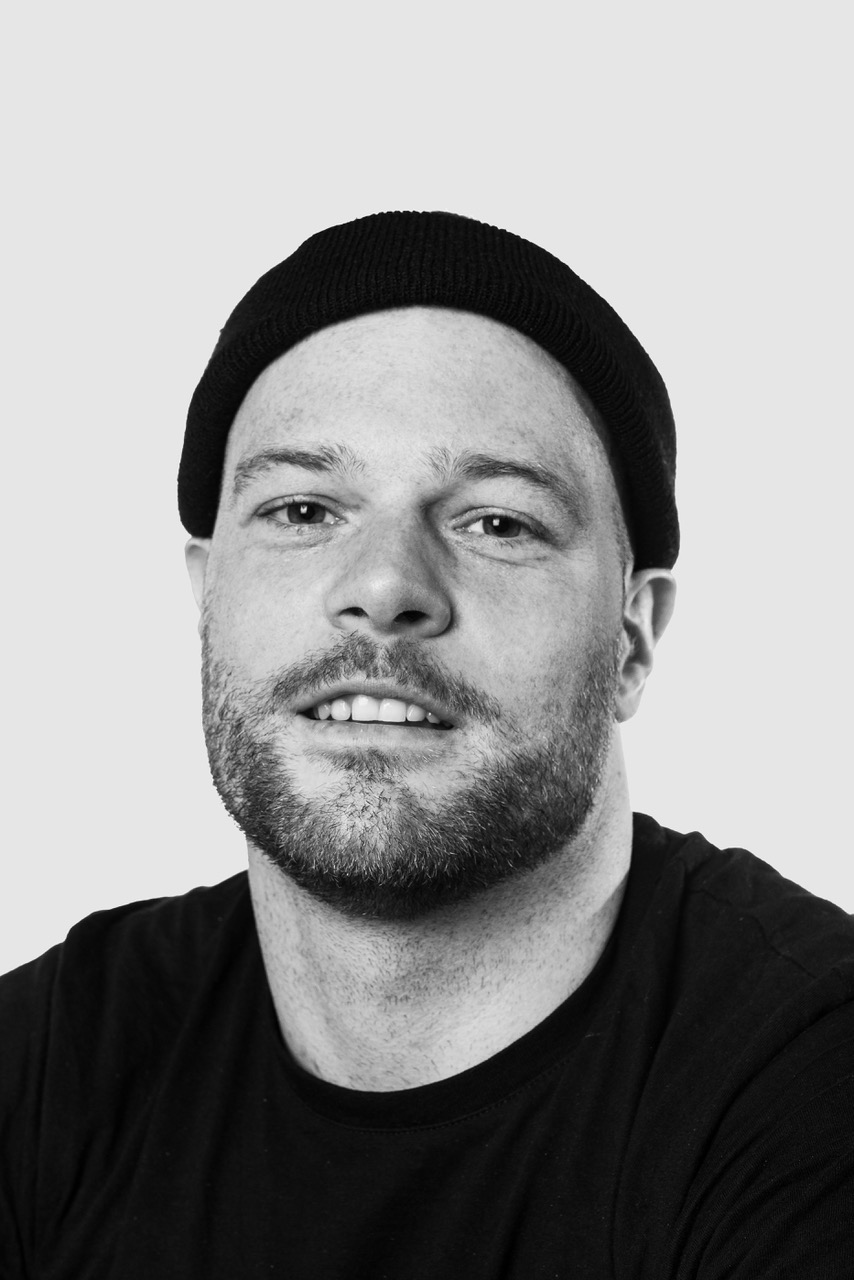
Dr. Felix Kosok
Frankfurt, DE
bureau069.deFelix Kosok is a design researcher and graphic designer. He received his doctorate in 2020 from the HfG Offenbach on the aesthetic-political dimension of design. In addition to research, he is himself active in design with Bureau069, founded in Frankfurt. Felix Kosok has received many awards for his work. Since 2021, Felix Kosok has been Associate Professor for Graphic Design and Design Theory at the German International University Berlin as well as on the board of the German Designer Club (DDC).
Working Phase 1 – 1. Kreativwirtschaftstag Hessen
The first working session was dedicated to analyzing NODE and social communities in general. In five days, the team met to discuss former festival learnings and feedback they had gathered from interviewing former festival participants.
As a first test field, Kreativwirtschaftstag Hessen was the setting for applying the first prototypes of the HOPE lab hopebeacons.
See some images from their playground at Börse Frankfurt:
This project is made possible by

